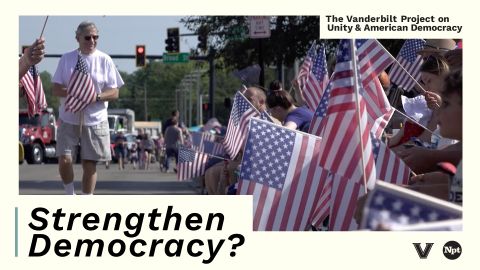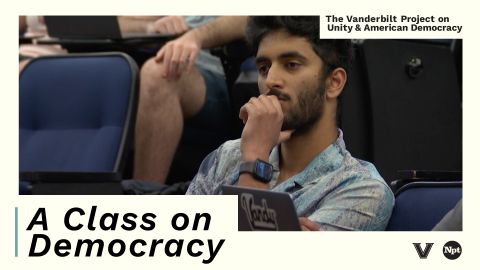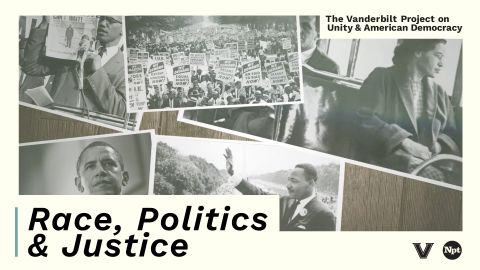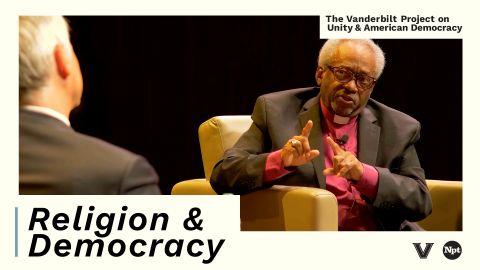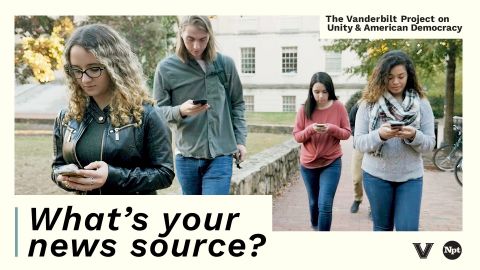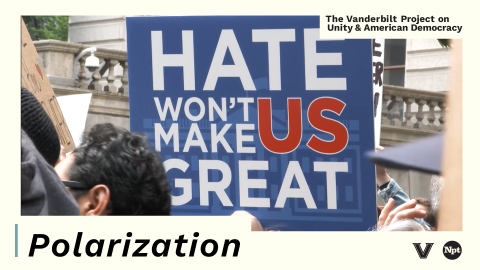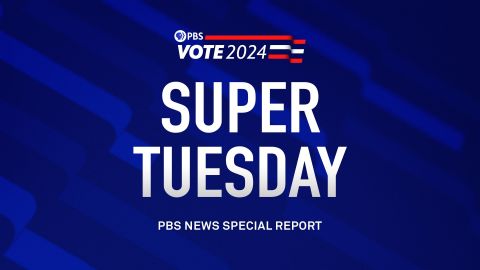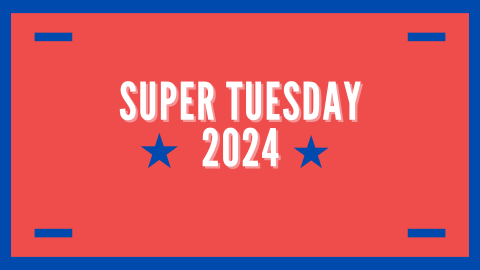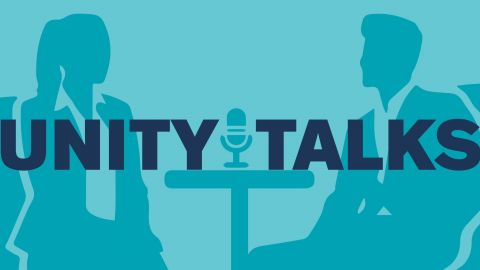Not All Polls Are Created Equal
by Joshua D. Clinton, Abby and Jon Winkelried Chair and Professor of Political Science at Vanderbilt University
All polls are not created equal. Pre-election polls designed to predict winners can be imprecise because they must figure out two things: First, who is going to vote, and second, who those voters will vote for. A mistake in either will create polling errors, and both are unknowable. For pre-election polls, pollsters must accurately predict who will vote before all votes are cast, and who votes changes from election to election. Public opinion polls, which seek to gauge the entire population’s opinion on a specific issue, don’t face the same challenges.
Pre-election polls must make educated guesses about what the electorate will be, and mistakes in those guesses can produce inaccurate poll results. Polls that seek to describe the opinions of a state (or country), in contrast, benefit from the knowledge of what the composition of the state should be, and pollsters are better able to ensure that their poll respondents are representative of that population.
Confronted with the sense that the polls “failed” in 2016 and 2020-and that the polls in 2020 failed to accurately measure the support for Republicans-does this mean that public opinion is unknowable from public opinion polls? Fortunately, it does not necessarily impugn the accuracy of all public opinion polling.
At the end of the day, public opinion polling, done right, remains the best way of obtaining citizens’ opinions. By proactively attempting to give everyone an equal chance of being heard, public opinion polls provide a way of obtaining the views of citizens who are uninterested or unable to express their political views otherwise.
Further reading:
- Polling Problems and Why We Should Still Trust (Some) Polls (Jan. 11, 2021)
- Reluctant Republicans, Eager Democrats? Partisan Nonresponse and the Accuracy of 2020 Presidential Pre-election Telephone Polls (May 13, 2022)
- Vanderbilt Poll Vanderbilt researchers discover strong correlation between partisanship and social mobility during COVID-19 Pandemic (Dec. 18, 2020)
- Sorting through the political polls: expert Joshua Clinton (Oct. 13, 2016)
About the author:
Joshua D. Clinton is the Abby and Jon Winkelried Chair and professor of political science at Vanderbilt University. He also serves as co-director at the Center for the Study of Democratic Institutions, editor in chief at the Quarterly Journal of Political Science, and executive board member at the Data Science Institute. Clinton uses statistical methods and data to better understand political processes and consequences. He is interested in the uses and abuses of statistical methods for understanding political phenomena related to political institutions, campaigns and elections, and public opinion in the United States.

